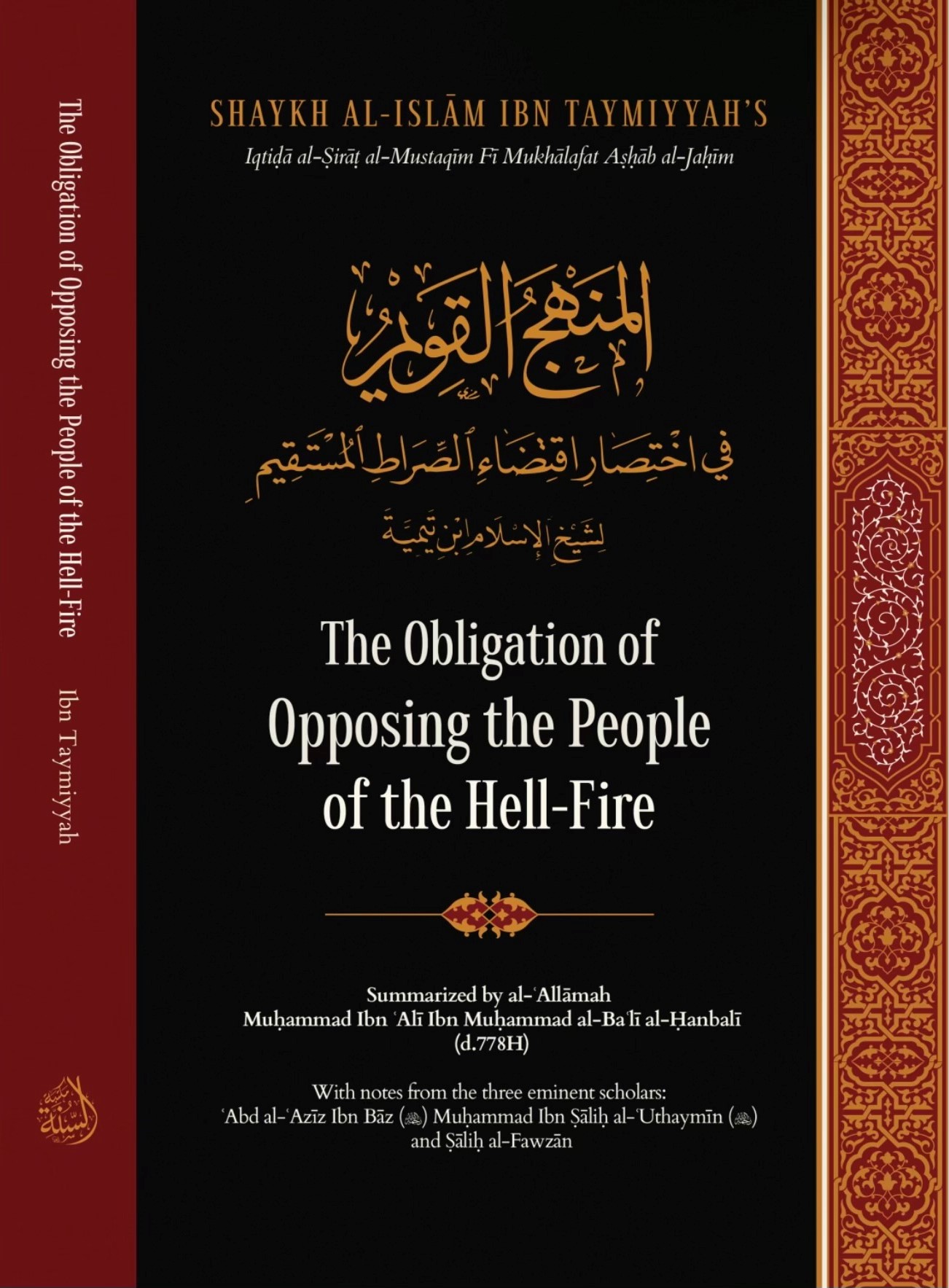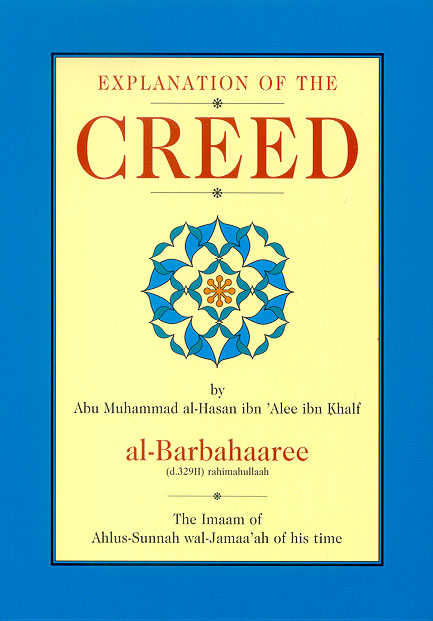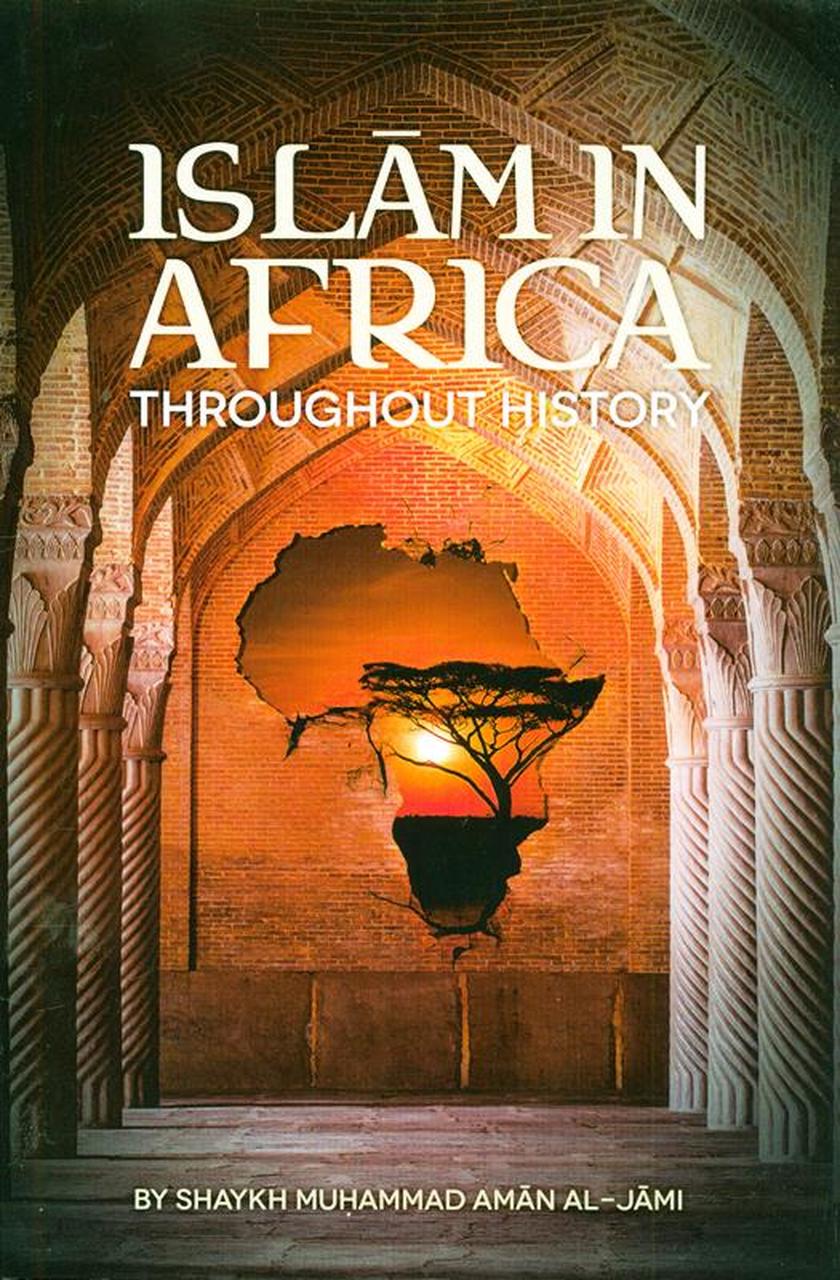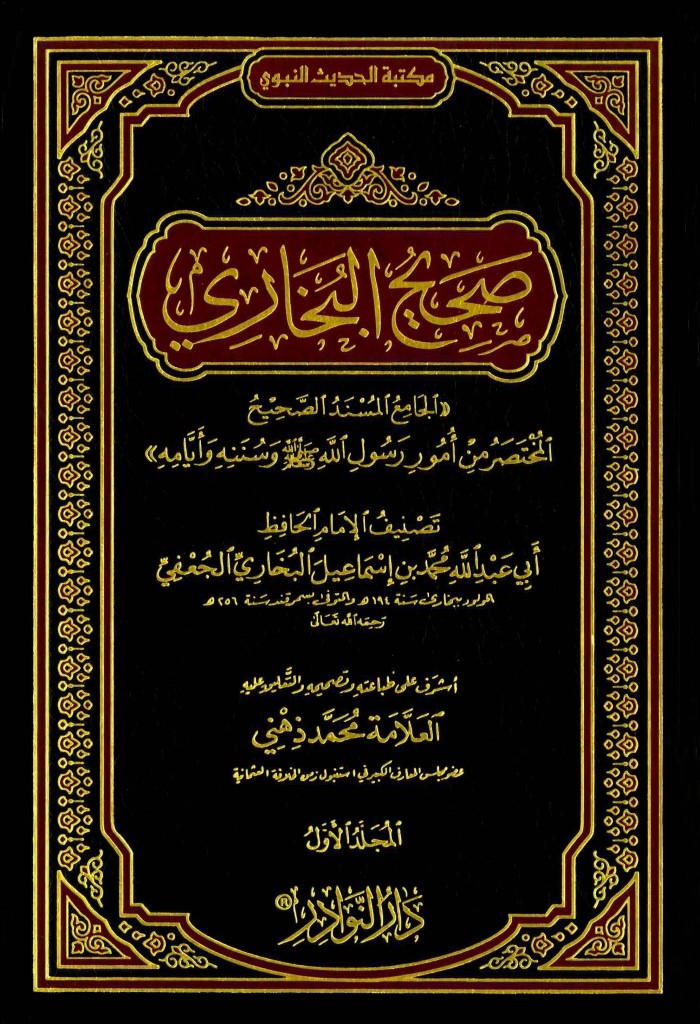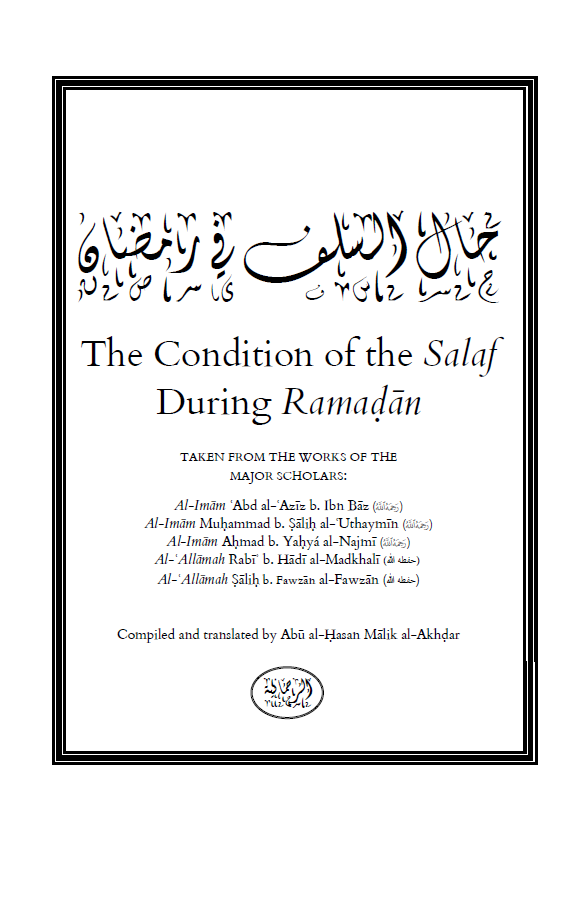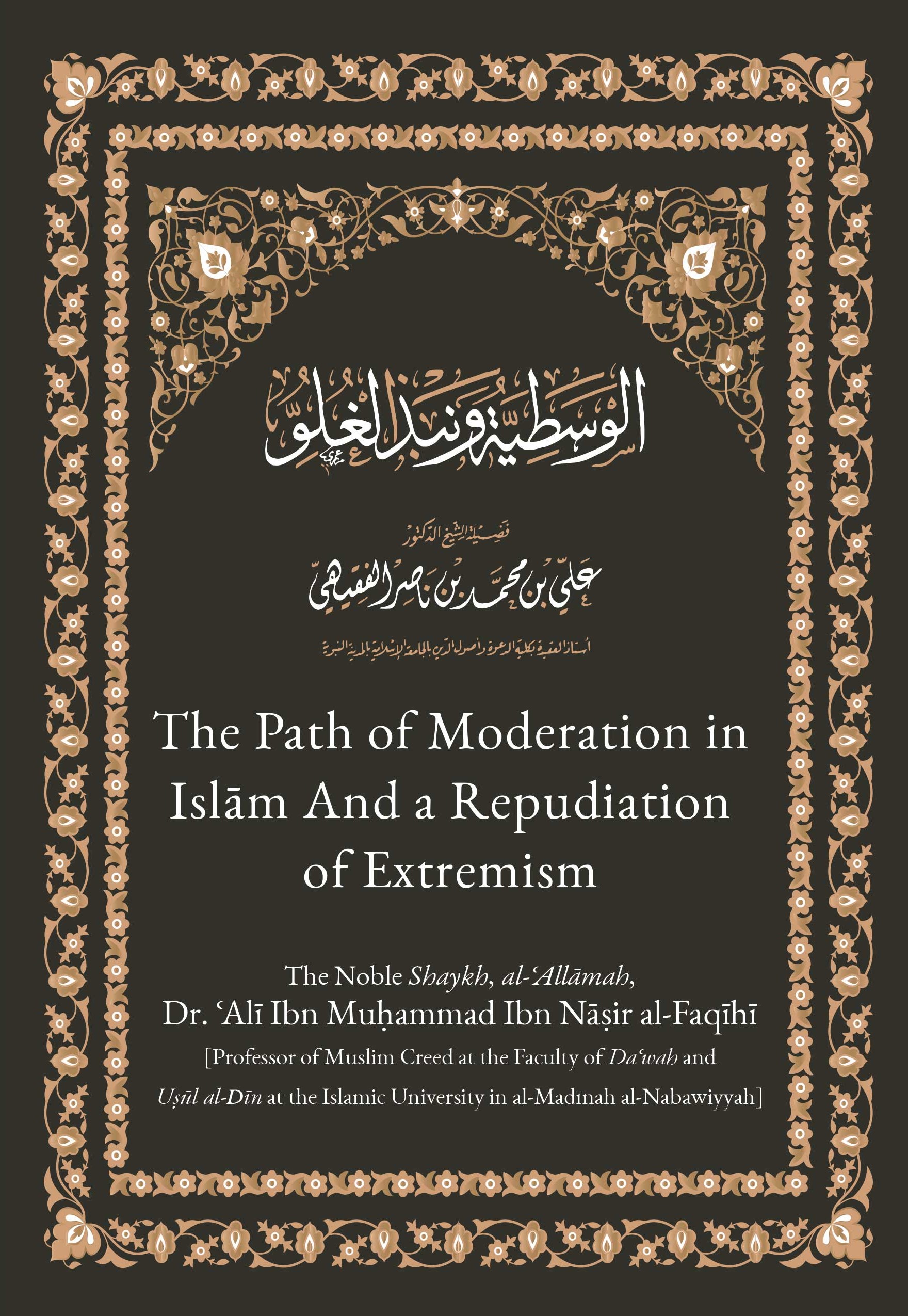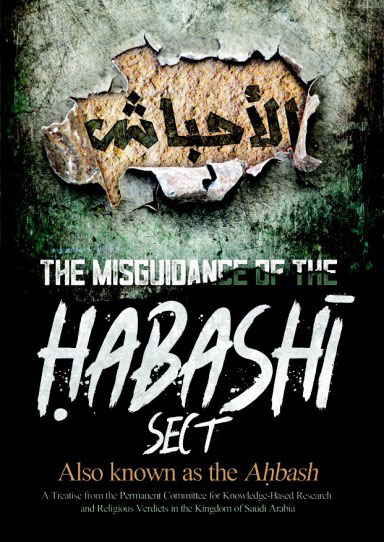Reviewed by Tariq Ben Nuriddin Porter
All praise is due to Allah, the Lord of all worlds. May His most special blessings and peace be upon our Prophet Muhammad, his family, and his companions until the Day of Judgement.
I have had the pleasure of reading The Life and Call of Shaykh ‘Abd Allah Al-Qar’awi by our brother Abu al-Hasan Malik al-Akhdar. His biography of Shaykh ‘Abd Allah Al-Qar’awi—the shaykh and teacher of several of the most prominent scholars of Islam in recent times—is filled with beneficial knowledge, wisdom, and life lessons for all who strive to reach their potential as Muslims, especially those who desire to remove obstacles and make a lasting impact on society. This book is a clear window into the not so distant past—in the Arabian Peninsula—at a time when travel was much more difficult, ignorance in particular areas of the Kingdom was still widespread, and the need for upright, diligent scholars such as Shaykh al-Qar’awi, those who act upon their knowledge and lead by example, was absolutely necessary in order to uproot many of the deviant and terribly harmful beliefs and practices that had spread throughout the Muslim world.
Throughout this work, the author highlights key aspects of the Shaykh’s life that magnify the core principles and teachings of this beautiful religion, al-Islam. For example, the story of Shaykh al-Qar’awi hastening home from his studies in India upon the beckoning call of his dear mother is the embodiment of bir ul-walidayn (exemplary treatment of parents). His dedication to the establishment and upkeep of over 2000 schools in southern Saudi Arabia and northern Yemen is a tremendous manifestation of Islam’s emphasis on learning, teaching, and spreading beneficial knowledge, which greatly improves the overall circumstances of any society.
This book inspires the reader to get up, act upon his knowledge, and trust that Allah can bless one’s efforts in manifold ways. It is through implementing the Book of Allah and the Sunnah of His Messenger in our lives that we attain true success. Allah, the Most High, in His all-encompassing knowledge and supreme wisdom, sent down His book and along with it another form of revelation, the Sunnah of His Prophet صلى الله عليه و سلم. He says in His book,
رَبَّنا وَابعَث فيهِم رَسولًا مِنهُم يَتلو عَلَيهِم آياتِكَ وَيُعَلِّمُهُمُ الكِتابَ وَالحِكمَةَ وَيُزَكّيهِم ۚ إِنَّكَ أَنتَ العَزيزُ الحَكيمُ
“Oh our Lord, raise from amongst them a messenger who will recite to them your verses, and teach them the Book (the Quran) and the Hikmah (the wisdom, the Sunnah). Indeed, You are the Most-Mighty and Most-Wise.” [Chapter al-Baqarah: Verse 129]
In this verse, Allah, the Most-High, highlights the importance of teaching the Book—the Quran—and al-Hikmah. Scholars of tafsir have said that al-Hikmah refers to the Sunnah of the Prophet Muhammad صلى الله عليه وسلم. Concerning al-Hikmah, and consistent with that more specific explanation, Al-Imam al-Baghawi mentions that Qutaybah said, “It (i.e., al-Hikmah) is knowledge and actions, and a man does not become wise until he implements the two together.” Thus, the book before the reader, The Life and Call of Shaykh ‘Abd Allah Al-Qar’awi, captures the implementation of the Book and the Sunnah by a great Imam of recent history. This work is a fabulous addition to any library.
I ask that Allah, the Most-High, grant His mercy to this great scholar and that He grant Him paradise. I also ask that He bless the author, our brother Abu al-Hasan Malik al-Akhdar, and reward him greatly for his efforts in providing this enjoyable, beautifully written work.
و صلى الله و سلم على نبينا محمد و على آله و صحيه و سلم
The Life and Call of Shaykh ‘Abd Allah Al-Qar’awi
By Abu al-Hasan Malik al-Akhdar
Publication Date: Dhu al-Qa’dah 1442 AH/June 2021 CE
ISBN: 979-8-516-86834-4
Al-Rahmaniyyah Press (222 pp.)
Tariq Ben Nuriddin Porter has spent over two decades in Saudi Arabia, primarily in the capital city Riyadh, where he attended many classes and lectures over the years given by eminent scholars including Shaykh Salih Al-Fawzan, Shaykh Salih Al-Luhaydan, Shaykh ‘Abd al-Aziz Ali Al-Shaykh, Shaykh Abdullah Al-Gudayan, and others. He completed a bachelor’s degree in Shariah at Imam Muhammad bin Saud University in Riyadh.
Find the book here: https://www.amazon.com/dp/B0975K5CRV/ref=cm_sw_r_cp_awdb_imm_2RPYMT6BQHRYBSA3PCK8

